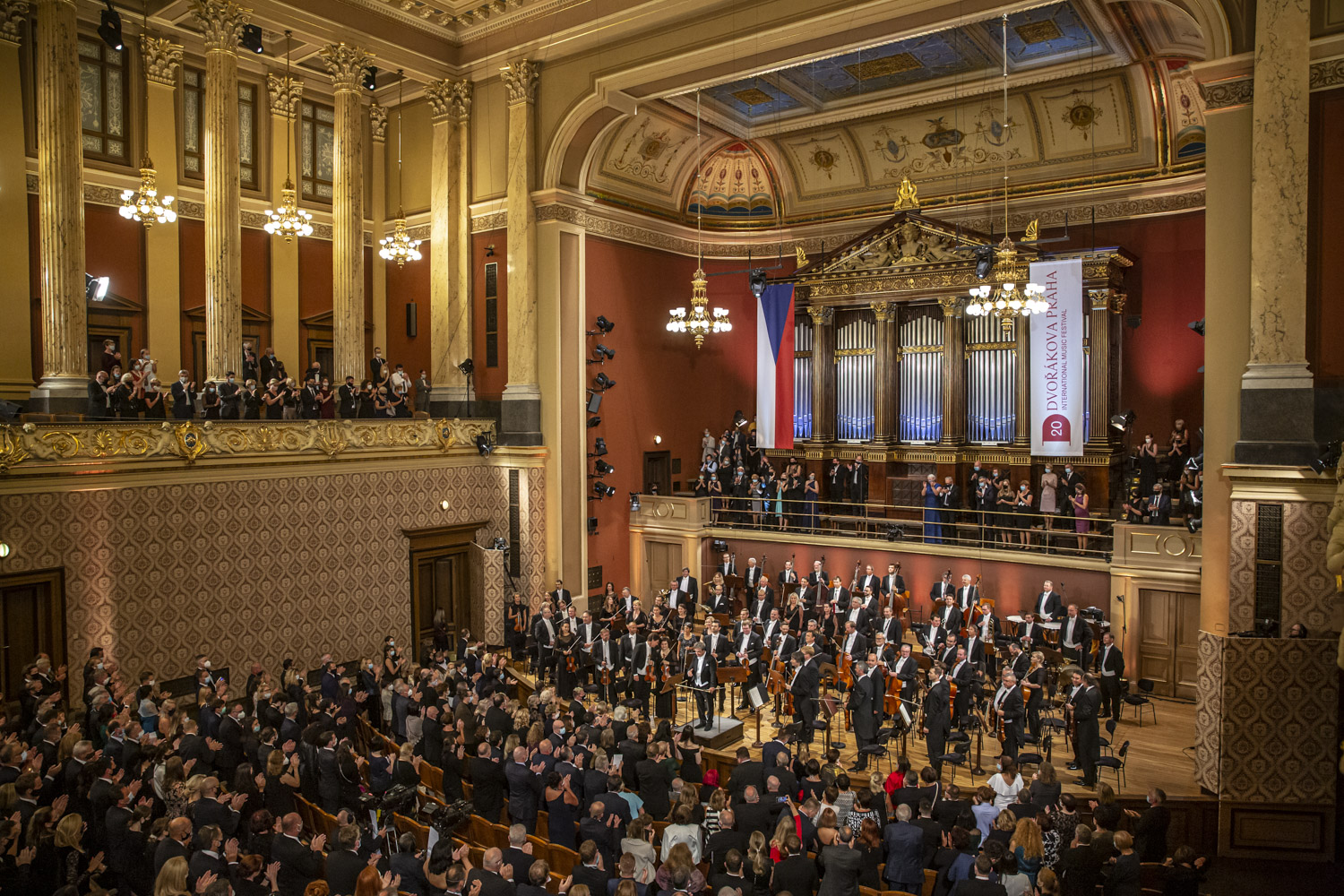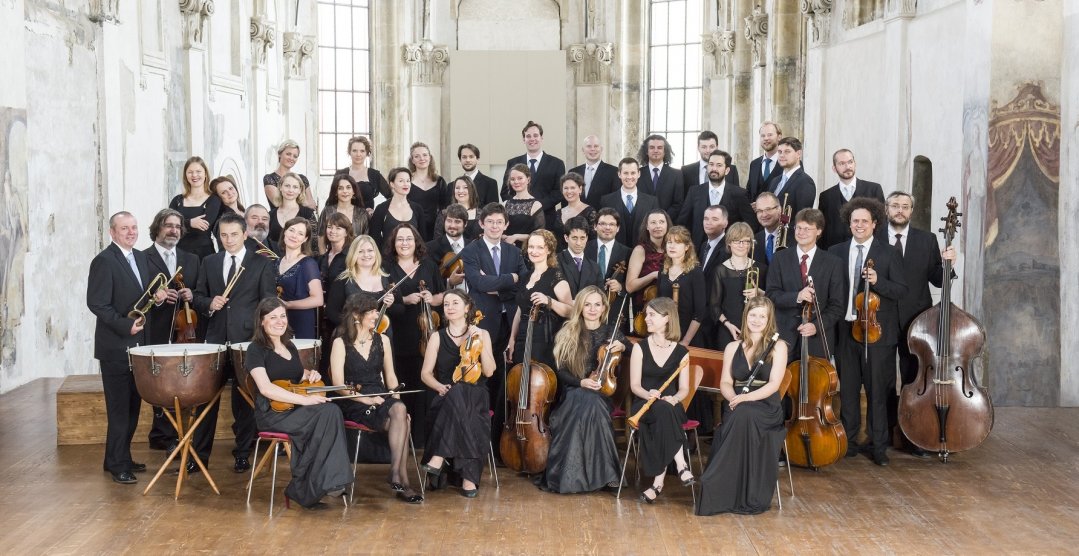
Ludwig van Beethoven: Missa solemnis, Op. 123
Into his Missa solemnis, Beethoven encoded a highly personal approach to the Christian liturgy, and at the same time he concentrated into it his compositional mastery at its finest. One is struck not only the uniqueness of the work itself, but also by the remarkable contradiction between the composer’s confidence and artistic ego on the one hand, and his humility before higher authority on the other. The result is a composition that is inappropriate for liturgical performance but that communicates its deep meaning wherever it is heard. Collegium 1704 and the conductor Václav Luks are among the most capable performers who could take on such a task. Beethoven was neither the first nor the last to create an extraordinary work of this type – the B Minor Mass by Johann Sebastian Bach and the Glagolitic Mass by Leoš Janáček are creative acts of a similar kind. Their performances are always a special event and a great testimony to the relationship of genius to the world’s divine order. In the Missa solemnis, it is as if Beethoven has immersed himself deeply into time and into music itself, partially forgetting his own style and evoking the artistry of the old Flemish masters of polyphony. Beethoven composed his Missa solemnis from 1819 until 1823 and dedicated it to Archduke Rudolph, Archbishop of Olomouc at the time.
Harpsichordist and conductor Václav Luks founded the Prague baroque orchestra Collegium 1704 and vocal ensemble Collegium Vocale 1704 on the occasion of the Bach — Prague — 2005 project. In 2008, the Prague - Dresden Musical Bridge concert series was launched, weaving together the rich cultural traditions of both cities. In 2012, it seamlessly evolved into a second concert series, now entitled Collegium 1704, at the Rudolfinum. Launched in 2019, the Prague-based Collegium Vocale 1704 chamber concert series has been housed at the Vzlet Palace of Culture since 2021.
In recent years, Collegium 1704 has received invitations from prestigious organisers and concert halls such as Salzburger Festspiele, Berliner Philharmonie, Theater an der Wien, Wiener Konzerthaus, Lucerne Festival, BOZAR (Palais des Beaux-Arts) in Brussels, Chopin Festival in Warsaw, Elbphilharmonie in Hamburg, Zaryadye in Moscow, a residence at the Opéra Royal in Versailles, and Bachfest Leipzig. Under the direction of Václav Luks, Collegium 1704 opened the Prague Spring International Music Festival with a rendition of Smetana’s My Fatherland in May 2021.
In the field of opera productions, Collegium 1704 built on the international success of Handel’s Rinaldo with notable performances of Mysliveček’s opera L’olimpiade, nominated for the 2014 International Opera Awards, and Vivaldi’s opera Arsilda, regina di Ponto, in its modern-era world premiere. In February 2022, Collegium 1704 presented Händel’s opera Alcina, directed by Jiří Heřman, in a co-production with ND Brno, Opéra Royal de Versailles, and Théâtre de Caen.
In 2014, Collegium 1704 collaborated with Bejun Mehta for a DVD production of Gluck’s opera Orfeo ed Euridice, directed by Ondřej Havelka. Additionally, they collaborated with Rolando Villazón on the creation of the BBC 2 documentary Mozart in Prague. The ensemble recorded music for Petr Václav’s historical feature film Il Boemo, depicting the life of Josef Mysliveček, which is scheduled to premiere in the summer of 2022.
Collegio 1704’s recordings have garnered acclaim from both audiences and music critics alike, earning repeated Diapason d’Or CD of the Month & Editor’s Choice awards, as well as a nomination for Gramophone Magazine’s CD of the Year award. Their well-received CD recordings feature Mysliveček’s violin concertos, Bach’s Mass in B Minor, Zelenka’s Sonatas, and the world premiere of his Missa Divi Xaverii. Their most notable recent achievements include the first complete Czech recording of Händel’s Messiah from 2019 and a 3-CD set featuring Rameau’s opera Les Boréades. The latter received the Trophées 2020 award and the Dutch music critics’ Edison Klassiek 2021 award for the best opera release of the year.
In 2021, the ensemble founded its own on-line platform, UNIVERSO 1704, on which it releases premieres of video-concerts that showcase exceptional works in top-class interpretations, set against the unique ambiance of attractive venues in both the Czech Republic and Germany.
source: Collegium Vocale 1704
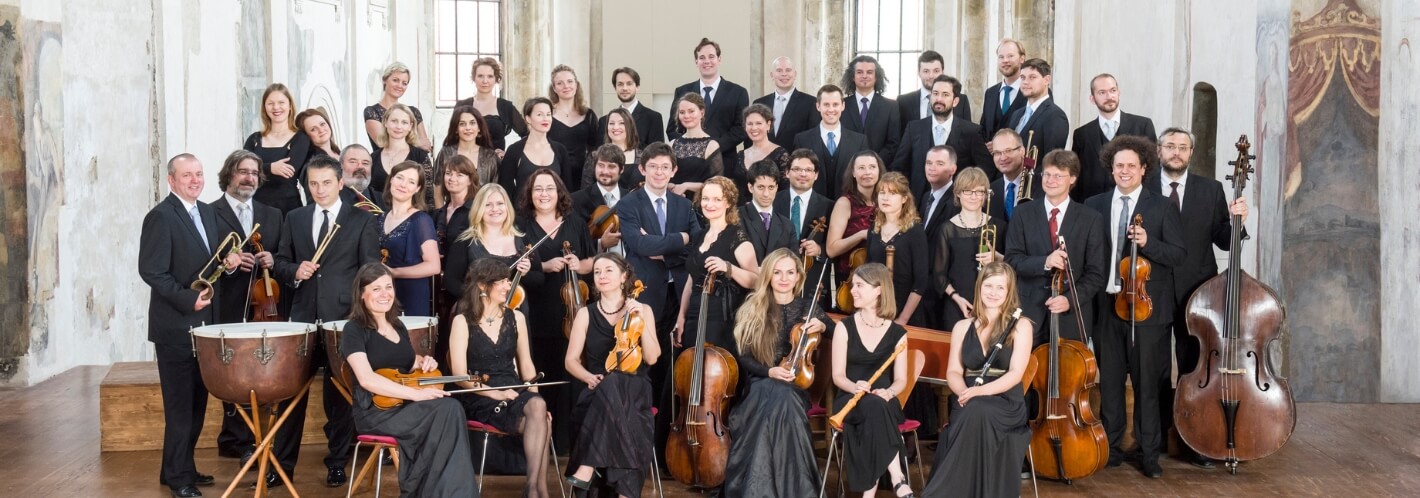
Collegium Vocale 1704 is a vocal ensemble founded by the harpsichordist and conductor Václav Luks in 2005 together with Collegium 1704 on the occasion of the then current Bach – Prague – 2005 project. One of the first major joint successes of the two ensembles was a performance of Zelenka’s Votive Mass in France. In 2008 they launched the concert series Music Bridge Prague – Dresden, which links the wealth of cultural traditions of the two cities. Collaborations with the world-famous soloists Magdalena Kožená, Vivicou Genaux, and Bejun Mehta led seamlessly in 2012 to a second Collegium 1704 concert series held in Prague at the Rudolfinum. Since autumn 2015, the two series have been merged into a single concert season taking place in parallel in Prague and Dresden. 2019 saw the launch of an independent Prague series of Collegium Vocale 1704 chamber choir concerts. That year, Collegium also issued the first complete Czech recording of Handel’s Messiah and an album titled Il giardino dei sospiri with Magdalena Kožená and selections from Baroque cantatas. Their latest recording is of an imaginary Mass by Jan Dismas Zelenka, Missa 1724.
Václav Luks, a graduate of the Pilsen Conservatory and the Academy of Performing Arts in Prague, furthered his education with specialised studies in early music at the Schola Cantorum Basiliensis in Switzerland.
In 2005, he founded the Prague Baroque Orchestra Collegium 1704 and the vocal ensemble Collegium Vocale 1704. Under his leadership, the ensembles have made guest appearances at prestigious festivals and performed in major European concert halls in cities such as Berlin, Vienna, Salzburg, Brussels, Amsterdam, Warsaw, and London, and have shared the stage with some of the world’s most acclaimed singers including Magdalena Kožená, Karina Gauvin, Vivica Genaux, Sandrine Piau, Philippe Jaroussky, Bejun Mehta, Sarah Mingardo, Adam Plachetka, and Andreas Scholl.
Their recordings have received not only enthusiastic acclaim from listeners but also numerous awards from critics, including the Trophées, the Diapason d’Or, and the Preis der deutschen Schallplattenkritik. In May 2021, Václav Luks conducted Collegium 1704 at the opening concert of the Prague Spring International Music Festival.
His activities have played a pivotal role in reviving interest in the music of Czech composers Jan Dismas Zelenka and Josef Mysliveček, and have strengthened Czech-German cultural ties by rediscovering the shared musical traditions of the two countries.
Under his leadership, Collegium 1704 recorded the music for Petr Václav’s documentary Confession of the Vanished and for his feature film Il Boemo about the life of Josef Mysliveček, where Václav Luks served as the chief musical consultant. Václav Luks has collaborated on operatic and theatrical productions with various stage directors such as Willi Decker, Ursel Herrmann, Louise Moaty, David Radok, Jiří Heřman, J. A. Pitínský, and Ondřej Havelka.
Since 2021, he has been a guest conductor with the Händel & Haydn Society in Boston, and for the 2022-2025 seasons, he holds the position of artist-in-residence with the Kammerakademie Potsdam.
In addition to his extensive involvement with Collegium 1704, Václav Luks also performs with other prestigious orchestras specialising in early music such as the Orchestra of the Age of Enlightenment, the Netherlands Bach Society, the Akademie für Alte Musik Berlin, Concerto Köln, and La Cetra Barockorchester Basel.
His other engagements with modern orchestras include collaborations with the Czech Philharmonic, the Orchestre Philharmonique de Monte-Carlo, the Norwegian Radio Orchestra, and the Southwest German Radio Symphony Orchestra, among others. At a benefit concert for the restoration of the Notre Dame Cathedral, Václav Luks conducted the Orchestre nationale de France, with which he has been performing regularly since 2019. Additionally, the French radio station France Musique devoted five episodes of its series Grands interpretes de la musique Classique to him. In June 2022, he was awarded the French order of merit Ordre des Arts et des Lettres for his significant contribution to cultural heritage.
source: Collegium Vocale 1704
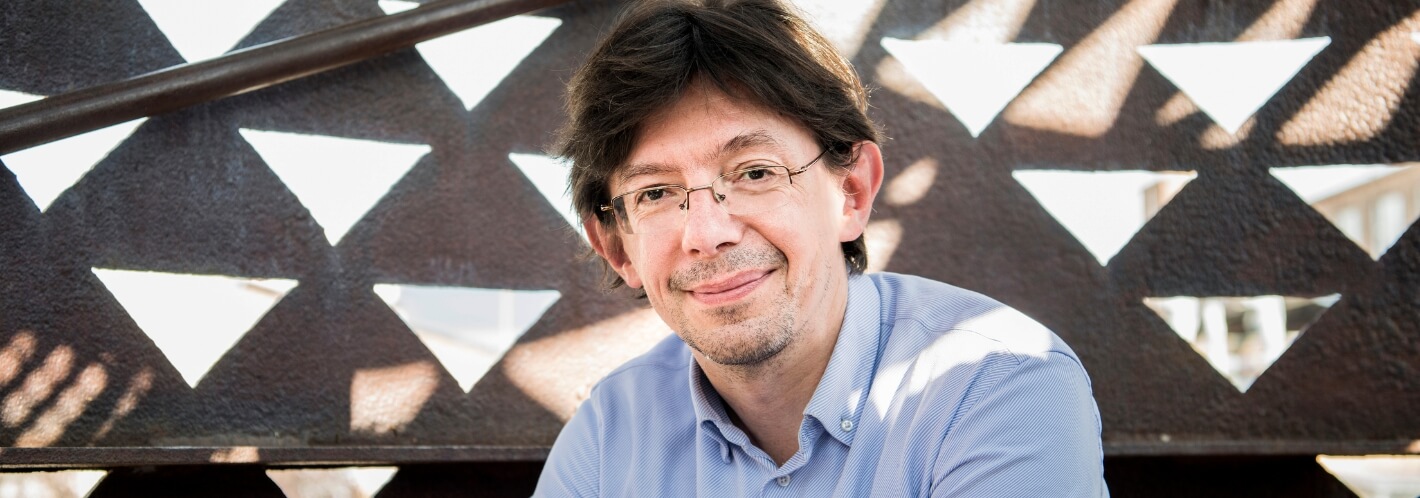
‘Simona Šaturová, a native to Bratislava just like Lucia Popp and Edita Gruberová, is nothing short of a small Mozartian miracle. She sings the part of Konstanze with such unwavering coloraturas, sensitive pianos and stylistic perfection that it will take your breath away.’ (Der neue Merker)
Simona Houda-Šaturová is a highly sought-after performer of Mozart roles and of the Italian bel canto repertoire, as well as a renowned concert singer. The highlights of recent seasons include her performance of Mozart’s trilogy (Mozart – Da Ponte) in the Théâtre Royal de la Monnaie, Brussels, in which she sang the part of Donna Anna (Don Giovanni) and made her debut as Countess Almaviva (The Marriage of Figaro), as well as her collaboration with the Vienna Philharmonic and Herbert Blomstedt, with the Munich Philharmonic and Krzysztof Urbański, with the Vienna Symphony Orchestra and Andrés Orozco-Estrada, with the Orchestra del Maggio Musicale Fiorentino and Juraj Valčuha, with the Boston Symphony Orchestra and Charles Dutoir at the Tanglewood Music Festival, with the Mozarteum Orchestra and Riccardo Minasi at the Salzburg Festival, a concert tour with the Bamberg Symphony Orchestra under the baton of Manfred Honeck and Jakub Hrůša, and with the Orchestre National de Paris and Jukka-Pekka Saraste. Concert and opera productions have taken her to the Semperoper in Dresden, the Theater an der Wien, Opéra de Rouen, Teatro Colón in Buenos Aires, the Théâtre du Châtelet in Paris, the Opéra de Monte-Carlo, the Oper Frankfurt, to Megaron Athens Concert Hall, Carnegie Hall in New York City, the Konzerthaus and Musikverein in Vienna, the Tonhalle in Zürich, the Suntory Hall in Tokyo, the Hercules Hall in Munich, to festivals held in Salzburg, Edinburgh and Lucerne, and led to working on pieces with conductors such as Christoph Eschenbach, Manfred Honeck, Fabio Luisi, Herbert Blomstedt, Ádám Fischer, Iván Fischer, Tomáš Netopil, Tomáš Hanus, Robert Jindra, Emmanuel Villaume, Christopher Hogwood and others. The opera singer is a very popular guest at the Théâtre Royal de la Monnaie in Brussels, the Aalto Theatre in Essen and the National Theatre in Prague.
Her discography is also very rich. She has recorded music for Supraphon (Martinů, Dvořák, Míča), Sony BMG (Orff, Saint-Saëns), Orfeo (Haydn’s Arias, awarded the ‘Editor’s Choice’), Accentus (Beethoven: Symphony No. 9 with Herbert Blomstedt, given the International Classical Music Award), Hänssler Classics (Haydn), Nibiru Publishers (Decade – Mozart, Mysliveček, and Ryba’s Stabat mater, awarded the Diapason d’Or) and others. Her recording of Hasse’s Requiem & Miserere (Carus Verlag) and Mahler’s Symphony No. 2 with Christoph Eschenbach and the Philadelphia Orchestra (Ondine) won an award given by German critics, the ‘Preis der Deutschen Schallplattenkritik’, and the Supersonic Award. She has recorded Eugen Suchoň’s song cycle Ad astra for the Slovak Music Fund. Her latest recording to date is Te Deum by Karol Kurpiński (with Collegium 1704 and Václav Luks NIFCCD, 2021).
Simona Houda-Šaturová graduated from the Bratislava Conservatoire and furthered her vocal education at maestro courses taught by Ileana Cotrubas in Vienna and under the tutelage of Margreet Honig in Amsterdam. She holds the Charlotte and Walter Hamel Foundation Prize for outstanding singing performance (Lübeck 2007) and the Thalia Award for the best opera performance in 2001.
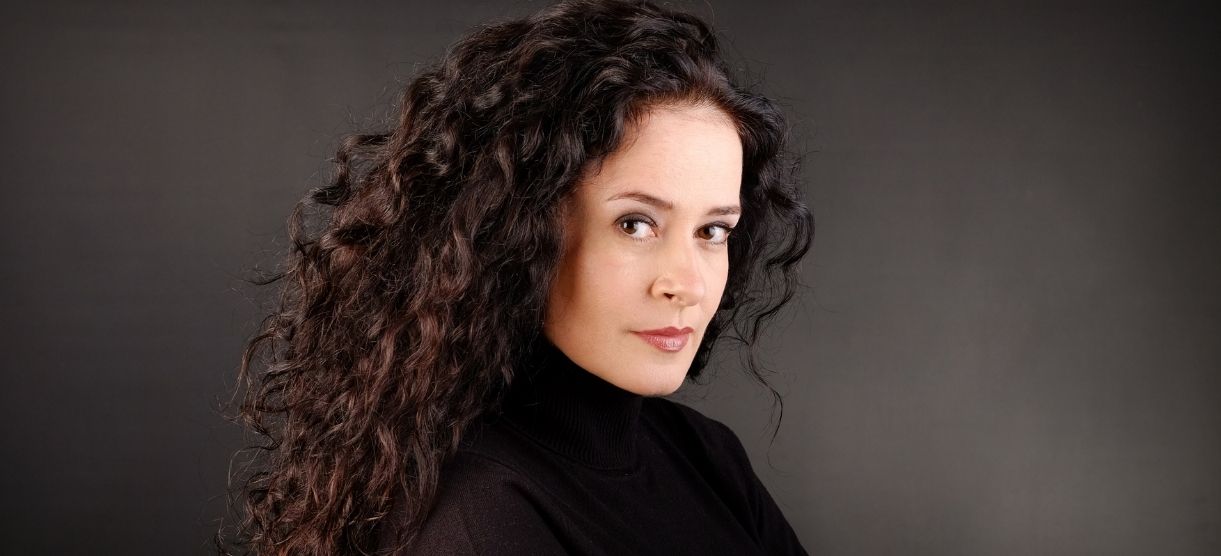
The mezzo-soprano Václava Krejčí Housková is a graduate of the České Budějovice Conservatoire and of the Academy of Performing Arts in Prague. She won her first engagement in 2010 at the Moravian Theatre in Olomouc, where she sang a number of major roles of the worldwide operatic repertoire including Dorabella in Così fan tutte, the title role of Bizet’s Carmen, and Olga in Tchaikovsky’s Eugene Onegin. Since 2015 she has been a soloist with the National Theatre in Brno, where she also appears as Carmen and as the Witch in Dvořák’s Rusalka, Abigail in Verdi’s Nabucco, and Isoliera in Rossini’s Le comte Ory. In 2014 for her performance of the role of Smeton in Donizetti’s opera Anna Bolena, she was among the candidates nominated for a Thalia Award. She made her debut at Prague’s National Theatre in 2014 in the title role of Bizet’s Carmen. She collaborates with leading Czech orchestras including the Czech Philharmonic, the Pilsen Philharmonic, and the Czech Chamber Philharmonic Orchestra in Pardubice. She is a guest of prestigious festivals at home and abroad including the Wexford Festival Opera, Prague Spring, Smetana’s Litomyšl, Prague Proms etc.
After completing his studies at the Prague Conservatoire with Zdeněk Jankovský, he continued private instruction with Václav Zítek. During his studies, he became a member of the vocal group Dobrý večer kvintet. His concert activity has been extensive, particularly in projects featuring a Baroque and classical repertoire, with performances on concert stages in Japan, Austria, Norway, Italy (including renditions of Dvořák’s Stabat Mater in Rome and Pisa), Germany, France, and Spain. He has collaborated with renowned conductors such as J. Bělohlávek, Ch. Mackerras, O. Dohnányi, S. Baud, G. Albrecht, and T. Netopil, among others.
Since 1993, he has been a soloist at the National Theatre Opera in Prague, where he has brought to life many roles in both a domestic and international repertoire, including Mozart’s Don Ottavio (Don Giovanni), Tito (La clemenza di Tito), Tamino (The Magic Flute), Pedrillo (The Abduction from the Seraglio), and Ferrando (Così fan tutte), Count Almaviva (Rossini: The Barber of Seville), Dancairo (Bizet: Carmen), Verdi’s Fenton (Falstaff), Alfredo (La traviata) and Macduff (Macbeth), Beppe (Leoncavallo: Pagliacci), Zinoviy Borisovich (Shostakovich: Lady Macbeth of the Mtsensk District), Smetana’s Vašek and Jeník (The Bartered Bride), Vítek (Dalibor), Šťáhlav (Libuše), Skřivánek and Vít (The Secret) and Michálek (The Devil‘s Wall), Dvořák’s Jiří and Benda (The Jacobin) and Jirka (The Devil and Kate), Janáček’s Laca (Jenůfa), Kudrjáš and Tichon (Káťa Kabanová), Schoolmaster and Mosquito (The Cunning Little Vixen), and Brouček (The Excursions of Mr. Brouček), Martinů’s Yannakos and Panait (The Greek Passion) and Maškaron (The Plays of Mary), Nemorino (Donizetti: The Elixir of Love), Spirit of the Mask (Britten: Gloriana), and others. He has sung in recordings of Ryba’s Czech Christmas Mass (Deutsche Grammophon), Zelenka’s coronation opera Sub olea pacis et palma virtutis, which won the Cannes Classical Awards in 2002, Janáček’s opera Šárka, and Dvořák’s opera The Stubborn Lovers (the latter three were released by Supraphon).
Jaroslav has performed Janáček’s The Diary of One Who Disappeared at the Teatro Real in Madrid, the National Theatre, the Moravian Autumn and the Janáček’s Hukvaldy festivals as part of the Czech Philharmonic concert season and, in 1998–2001, at regular performances of this cycle at the National Theatre in Prague. In 2016, he portrayed Rechtor in The Cunning Little Vixen in Jan Latham-Koenig and Robert Carsen’s production at the Teatro Reggio in Turin, as well as Števa Buryja in concert performances of Jenůfa in Prague and London with Jiří Bělohlávek and the Czech Philharmonic. In 2022, he performed as Tichon (Káťa Kabanová) in a production directed by Jakub Hrůša and Barrie Kosky at the Salzburg Festival. He has also collaborated with Czech Television (e.g. the production of B. Martinů’s opera The Voice of the Forest). Jaroslav won the Thalia Award in both 2015 and 2023.
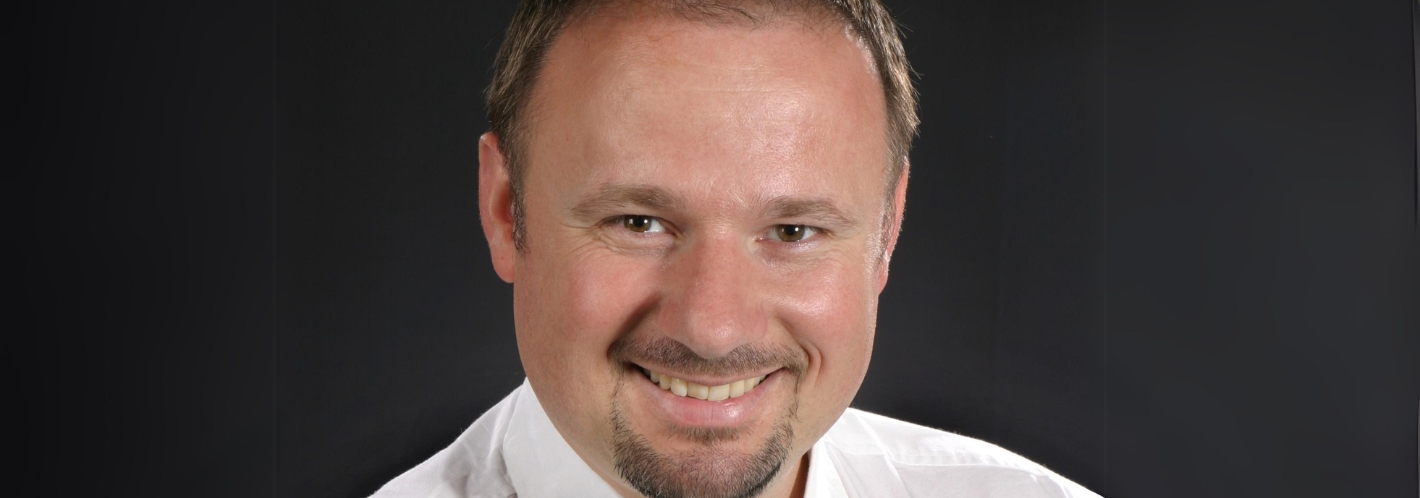
The bass Jan Šťáva is one of the greatest discoveries on the Czech opera scene in recent years. A graduate of the Janáček Academy of Performing Arts, he has been a member of the opera ensemble of the National Theatre in Brno since 2010, and a year later he made his debut at the National Theatre in Prague. His repertoire encompasses key roles of the Czech and worldwide literature, including Méphistophélès (Faust), Leporello (Don Giovanni), Gremin (Eugene Onegin), Basilio (The Barber of Seville), Kecal (The Bartered Bride), Osmin (Abduction from the Seraglio), Figaro and Bartolo (The Marriage of Figaro), Sarastro (The Magic Flute), and Sparafucile (Rigoletto). He is a guest on stages abroad (including L’Opéra de Paris) and at music festivals (BBC Proms, Salzburger Festspiele, Prague Spring). He collaborates with major orchestras (BBC Symphony Orchestra, Beethoven Orchestra Bonn, Czech Philharmonic). His concert repertoire includes bass parts in the works of Bach (Christmas Oratorio, St John Passion), Haydn (The Creation), Mozart, Dvořák, and Verdi (Requiem).
The Rudolfinum is one of the most important Neo-Renaissance edifices in the Czech Republic. In its conception as a multi-purpose cultural centre it was quite unique in Europe at the time of its construction. Based on a joint design by two outstanding Czech architects, Josef Zítek and Josef Schultz, a magnificent building was erected serving for concerts, as a gallery, and as a museum. The grand opening on 7 February 1885 was attended by Crown Prince Rudolph of Austria, in whose honour the structure was named. In 1896 the very first concert of the Czech Philharmonic Orchestra took place in the Rudolfinum's main concert hall, under the baton of the composer Antonín Dvořák whose name was later bestowed on the hall.
